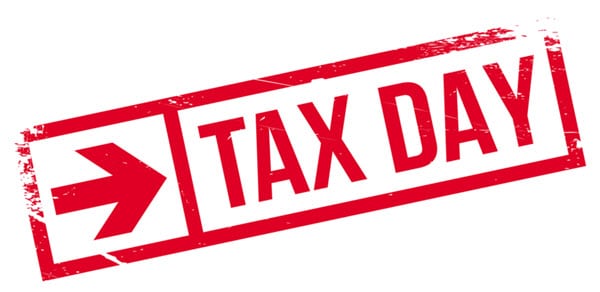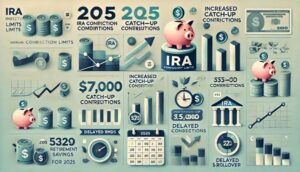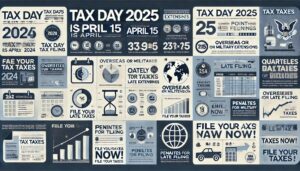When Is Tax Day?
Tax Day 2023 is April 18 for all federal tax returns and payments. State of Indiana is April 18th as well.
So why the change this year? Emancipation Day is being observed on Monday, April 17, in Washington, D.C., which means government offices are closed. So you get until Tuesday to file your taxes.
April 18 is also the last date to request a six-month extension if you can’t file on the due date.
If you live overseas or are on military duty outside of the United States, you have an automatic two-month extension to get your taxes filed without needing to request one. Even though Tax Day is on April 18 due to a holiday on April 15, you don’t get those extra days for your extension. You have until June 15 to file and send in payment without being hit with a penalty. There’s a catch—you still have to pay interest on any owed taxes not paid by the original due date.
When Is the Deadline to Pay Your Taxes?
The deadline to pay your taxes depends on your filing status. If you’re filing an individual federal tax return, your deadline to file and pay is the annual Tax Day, as mentioned above. But even though Tax Day is three days later this year, that doesn’t change other tax deadlines.
If you’re self-employed you’ll most likely pay estimated taxes four times a year (also known as quarterly taxes). The 2023 due dates for quarterly taxes are April 18, June 15, September 15, and January 15 (of 2024). Occasionally those dates change due to holidays, but you can usually bank on estimated taxes being due on the 15th.
What Happens if You Can’t File by the Deadline?
If you’re not able to file by your tax due date, you can get a six-month extension by filling out Form 4868. Just make sure you do this by Tax Day. If you file late without an extension, you’ll pay a failure-to-file penalty that’s 5% of your unpaid taxes each month up to a maximum of 25%. If your return is over 60 days late, the minimum penalty is the lesser of $435 or 100% of the tax owed!
Keep in mind—and this is really important—even if you’ve requested an extension to file, that doesn’t mean that you have an extension to pay. You still need to send in your tax payment to the IRS on your filing due date. The last thing you want is to get hit with a penalty for paying late, which can be from 0.5% up to 25% of those unpaid taxes.
When Are Tax Extensions Due?
For most people, the tax extension due date is October 15 (six months after April 15). This year, it’s October 16 because October 15 falls on a Sunday. But if you’ve got a different filing due date, your extension due date will also be different. Whatever your situation, I recommend you get your taxes filed sooner rather than later.





